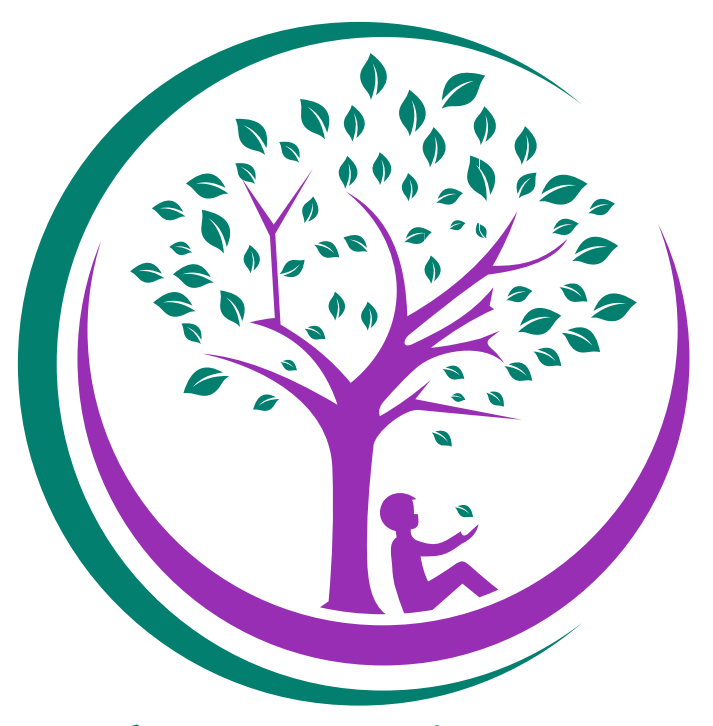Tips for Parenting Children with Trauma
Children who are living in kinship care have often experienced trauma, abuse, or neglect while in their previous home. A child’s ability to heal often relies on their kinship care parent’s ability to provide new models of behavior. Here are some tips for helping your child feel safe and secure while recovering from past trauma.
Respond, don’t react.
When a child is struggling, it can be hard not to react emotionally and get caught in the trauma cycle along with them. In fact, children who have experienced trauma will often intentionally “push your buttons” when expressing their own pain. But don’t react without first thinking about what your response should be. Take a breath and give yourself and the child a chance to reset. There is often an unexpressed need lurking beneath the child’s behavior, and with the right response, you are more likely to discover what that true need is.
When you establish a pattern of pausing before thoughtfully responding, you are helping your child re-wire their responses and form new patterns of behavior. Over time, the child can start to heal from past trauma while your relationship with them can strengthen and grow.
Remind yourself and your child that emotions are OK!
Feeling negative or mixed emotions is natural for both you and your child. Talk to them about times in your life when you, too, experienced mixed or negative emotions. Let them know you understand the confusion they are feeling and encourage them to come to you to talk about their feelings.
Seek help from a counselor or therapist.
Many kinship parents find it helpful to work with a counselor or therapist for guidance and support along their kinship journey. Seeking professional help demonstrates to your child that you care about your relationship with them and take it seriously. It also sets an excellent example for your child and helps to normalize the reality of mental health struggles.
Educate yourself.
Educate yourself about child development and trauma-related behaviors. Gaining knowledge about how children develop throughout different stages of life will help you set reasonable expectations for them. But keep in mind that children who have experienced trauma or abuse may have been thrown off the typical stages of development.
Helping your child heal from past trauma or abuse is hard work and progress may be hard to measure at first. The term “one step forward and two steps back” will often apply. But stay the course, and rest assured both you and the child will benefit from new, positive patterns of behavior and communication.

